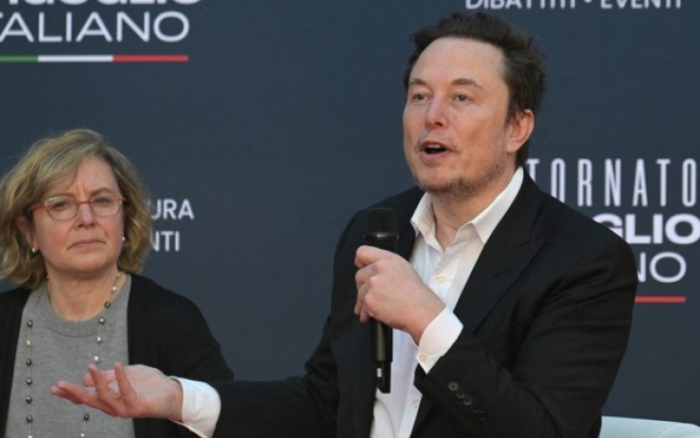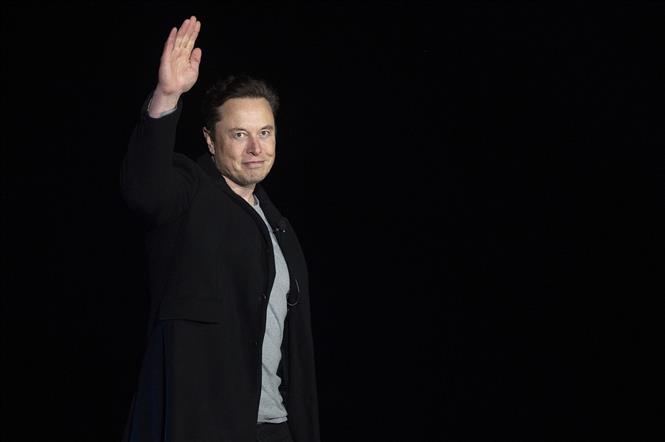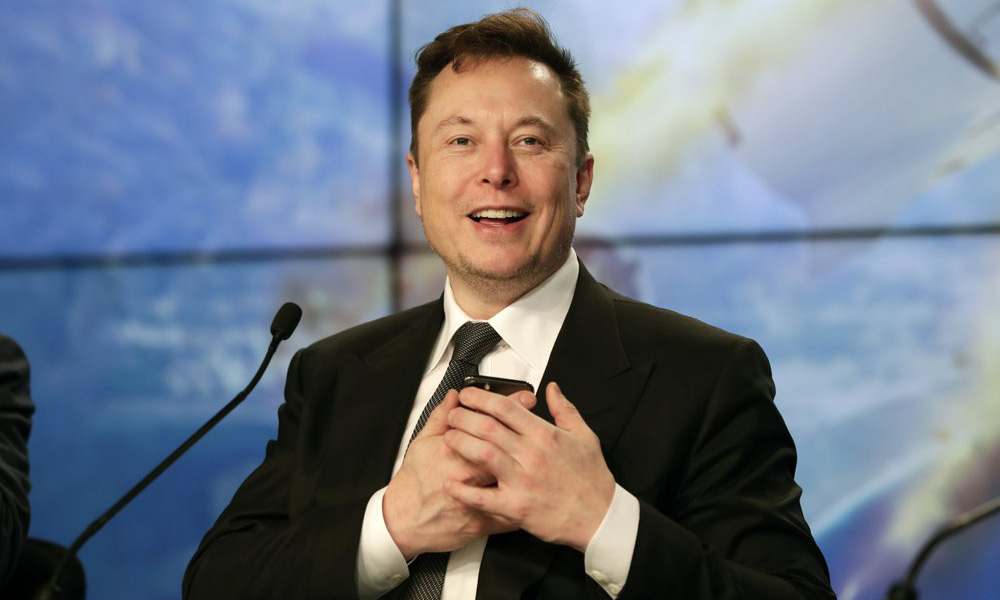Social media exploded today after shocking claims emerged that Elon Musk had cancelled his @Netflix account in protest. The alleged reason? A newly released children’s program accused of “pushing controversial themes” and reportedly written by an LGBTQ+ activist who had previously made provocative remarks online. Within minutes, hashtags related to Musk and Netflix began trending globally, with thousands of users weighing in on the debate.

Supporters of Musk applauded what they saw as a bold stand against what they described as “ideological agendas” being inserted into children’s entertainment. “Finally, someone with influence is speaking up,” wrote one commenter, while others echoed concerns about the messages being directed at younger audiences. Memes, reaction videos, and heated debates quickly spread across X (formerly Twitter), amplifying the controversy even further.

On the other hand, critics argued that the outrage was misplaced and rooted in intolerance. Many pointed out that representation of diverse identities in media is not harmful, but instead helps normalize empathy and acceptance. “This is fearmongering, not leadership,” one viral post read, accusing Musk of using his platform to attack marginalized communities. Netflix has so far declined to issue an official comment, but insiders suggest the company is monitoring the backlash closely.

Whether true or exaggerated, the story has once again placed Elon Musk at the center of a cultural firestorm. Known for his unfiltered opinions and readiness to jump into polarizing debates, Musk’s alleged decision has reignited broader questions about media, representation, and the power of celebrity influence in shaping public opinion. As the online battle rages, one thing is certain: the clash between entertainment, ideology, and free speech is far from over.